 The BNU 3rd Workshop is dealing with Monetary policy which is the process by which the monetary authority of a country, typically the central bank or currency board, controls either the cost of very short-term borrowing or the monetary base, often targeting an inflation rate or interest rate to ensure price stability and general trust in the currency.
The BNU 3rd Workshop is dealing with Monetary policy which is the process by which the monetary authority of a country, typically the central bank or currency board, controls either the cost of very short-term borrowing or the monetary base, often targeting an inflation rate or interest rate to ensure price stability and general trust in the currency.
Iraqi Central Bank operates according to Monetary policy, which depends on two factors: Firstly; motivate banks to move towards the market and the provision of credit and banking finance required by the case targeting gross domestic product and addressing aspects of unemployment and economic stagnation; which requires lifting the financial depth of the country. Secondly; continue to address inflation and targeting it through price signals adopted by the central bank to target inflation, and to achieve a unified framework of desired economic stability and growth.
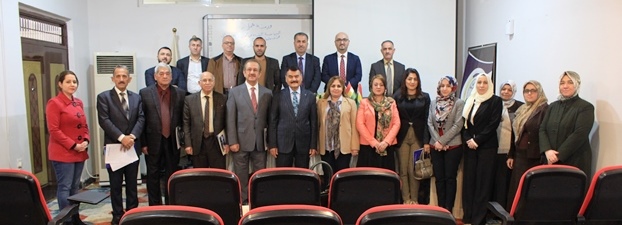
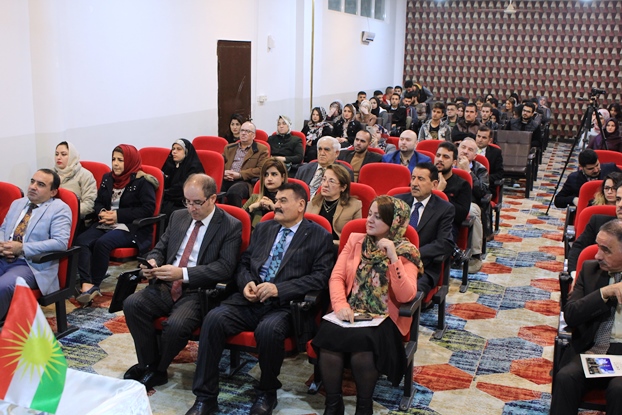
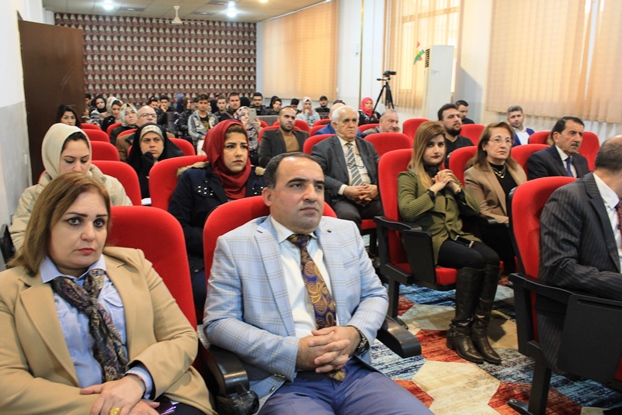
The monetary policy is facing currently a challenge of the decline in dollar sales from the Ministry of Finance (as a result of the low price or oil production) to a level less than the market needs, high demand for foreign currency, with the inflexibility of government spending to fall to a level commensurate with the decline in revenue from foreign currency through the control of the value of money supply in the market, affecting the overall volume of demand and that change the money supply in the market.
So it is very important to pay attention and control of the growth of money supply, so many of the money supply will lead to higher inflation to levels that could harm the economy, either a little of it, it could impede economic growth, so the decision – makers in the Central Bank of Iraq aspire to achieve a balance between growth and inflation through restrictive or accommodative monetary policy.
In the workshop, we try to explain, discuss and shed light on different aspects of Iraqi Monetary Policy. It will be plain and easy to follow, so everyone is welcome to join us!
First Session: Mr Mohamed Khader Mohammed is a lecturer at Bayan University and has a Masters in Accounting. He will hold his session talking about the policy followed by the Central Bank to preserve the money supply of the state, and is through the guidance of interest rates and also aims to maintain unemployment rates, there are two methods to implement the monetary policy:
-
deflationary policy: Its goal is to reduce inflation so as to increase the interest rates and sell securities through sales and purchases in the open market and result in a decrease in total demand and its proximity or neutralization with the overall offer, and the final result is a decrease in the overall price level Inflation)
-
expansionary policy: It is used to reduce unemployment and economic stagnation through the reduction of interest and the purchase of securities to increase cash liquidity and result in an increase in the total demand and then tied or equated with the overall offer, and the final result is a rise in the overall level of prices and stimulate production and more Of job opportunities (anti-unemployment).
Second Session: Mr Saad Naji Hamoudi is a famous face in financial affairs in Iraq. He has a masters degree in Accounting from the University of Baghdad in 1979. He will talk and engage you on the Central Bank of Iraq is the primary responsible for monetary policy and is responsible for issuance and circulation of the Iraqi currency. This is followed by methods to improve the state's economic situation and reduce its cyclical changes so that it can determine the size of the country's monetary exhibits. The Central Bank followed the policy of 2003 not to issue any Iraqi dinars without offset by US dollars in order to reduce inflation or collapse of the currency as well as to guide interest rates and maintain unemployment rates. The monetary policy of the Central Bank of Iraq is a policy of deflation, contrary to the fiscal policy of the Ministry of Finance, which is an expansionist policy. Therefore, there is a contradiction between the two policies together, it is necessary to reach a unified policy for the purpose of preserving the value of the dinar and reduce unemployment and combat inflation.
Third Session: Mr Amin Jawad Khudair is a lecturer at Baya University. He has a Bachelor of Business Administration-Accounting from Egyptian University in 1972, and a Master of Economics (Cost Analysis) University of Baghdad 1992. He did his research in the thesis: Cost Analysis of Dairy Products - Analysis of Cost Elements in the Central Store. Mr Khidair will talk on the monetary policy in Iraq and the changes that took place after 2003 in the policy and methods taken by the Central Bank of the State to revive the economic situation and reduce the cyclical changes so that this policy determines the sum of the monetary exhibits of the state. This process has its own crisis which is summarized by reducing (reducing) the total of the problem offered in circulation while maintaining its purchasing power. It also has negative aspects related to the presence of counterfeit currency (pastries) where You visit the old currency for the purpose of showing it for exchange with the new currency.
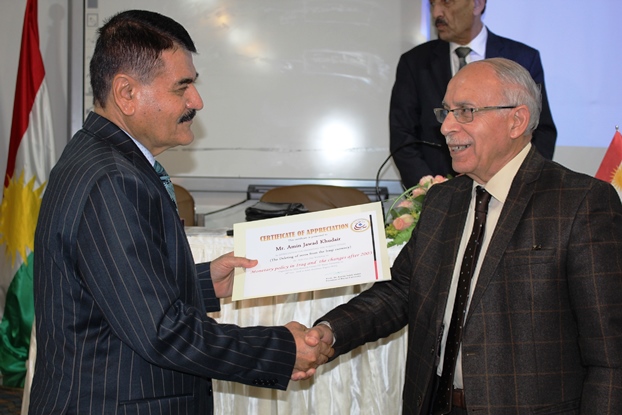
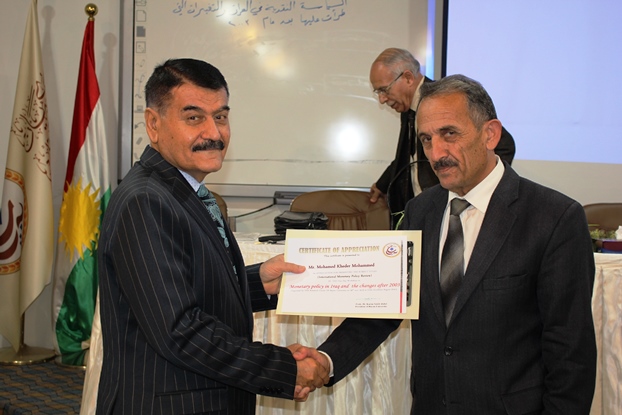
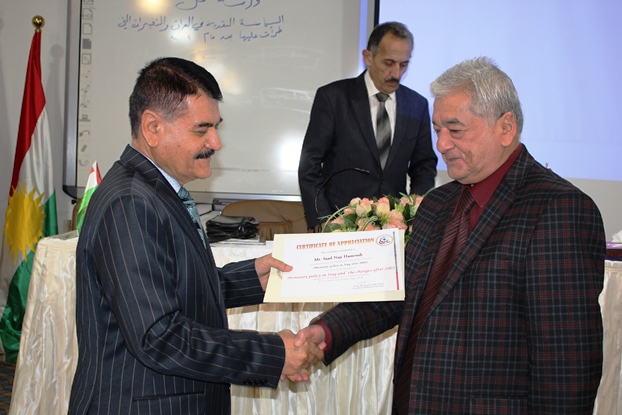
Arranged by
- College of Business and Economics, Bayan University (BNU)
- Date: 28/11/2018
- Time: 11:00 to 2:00pm
- Venue: BNU Nawroz Hall
BNU.EDU.IQ
